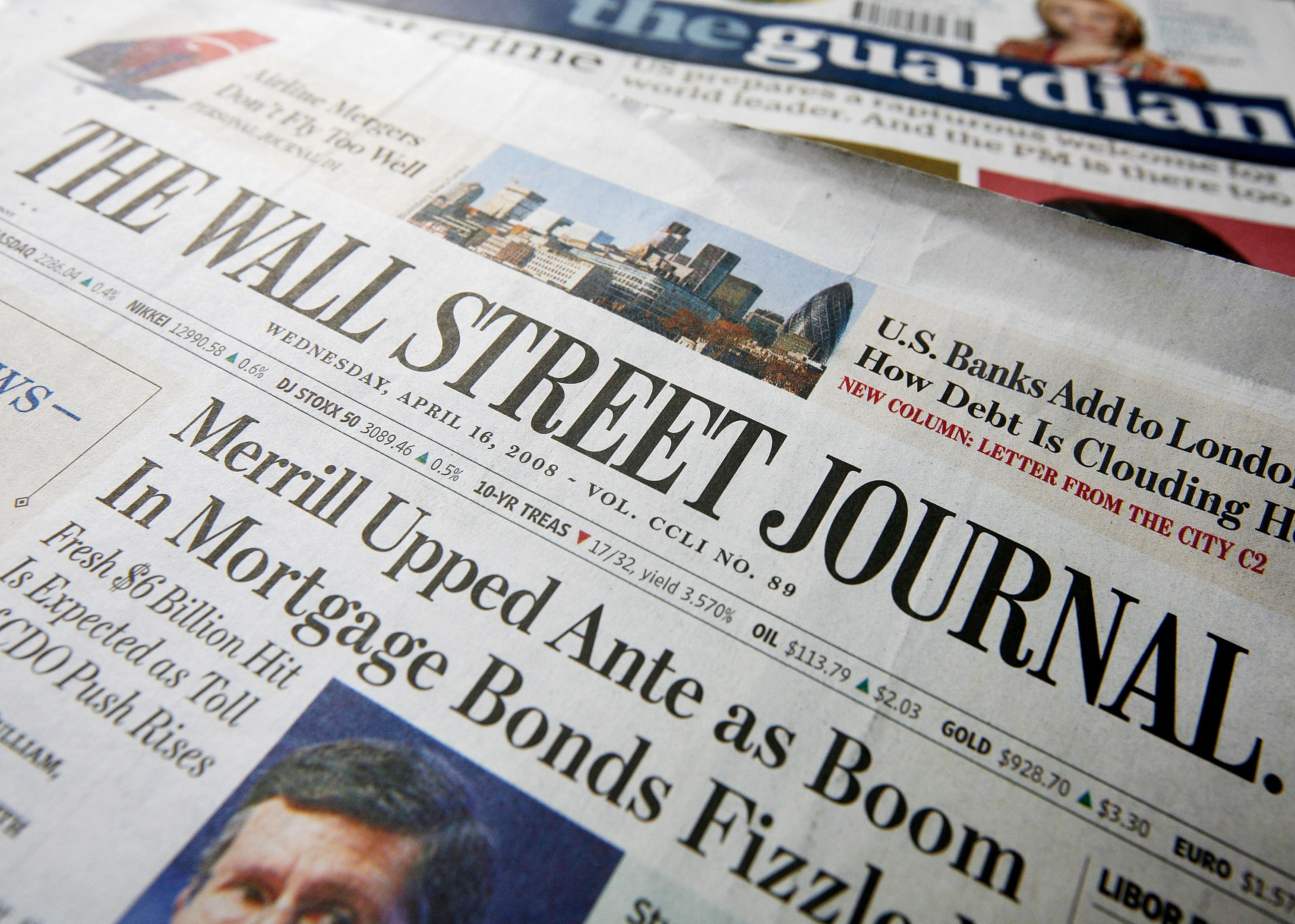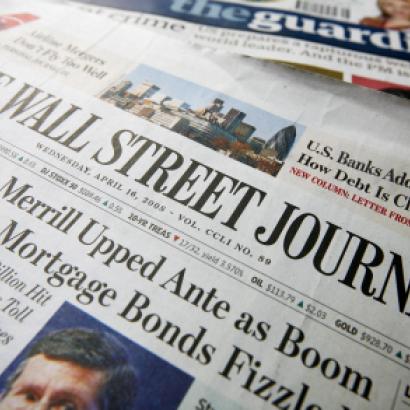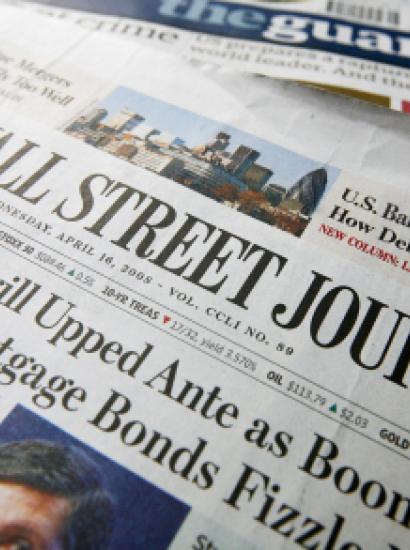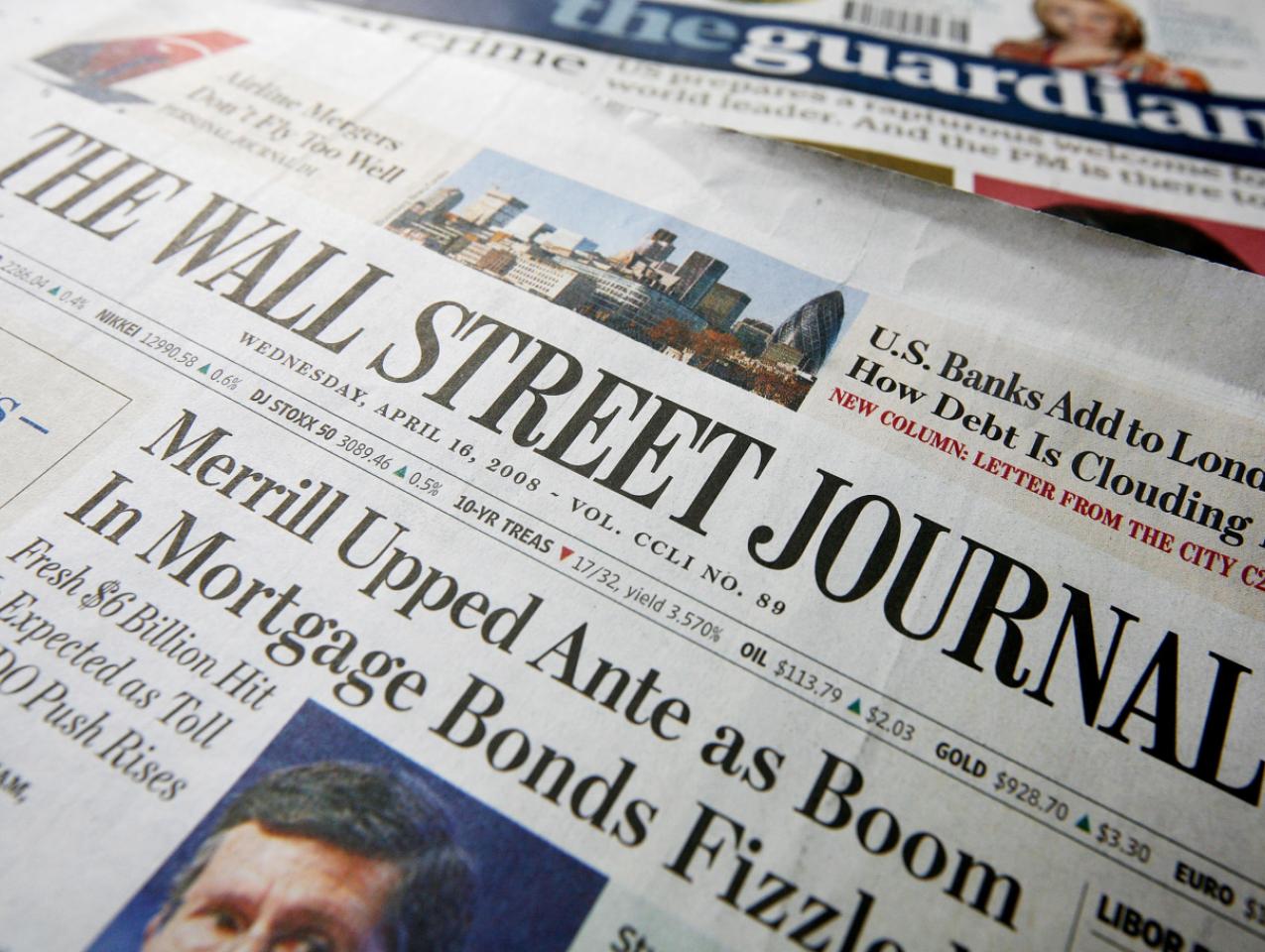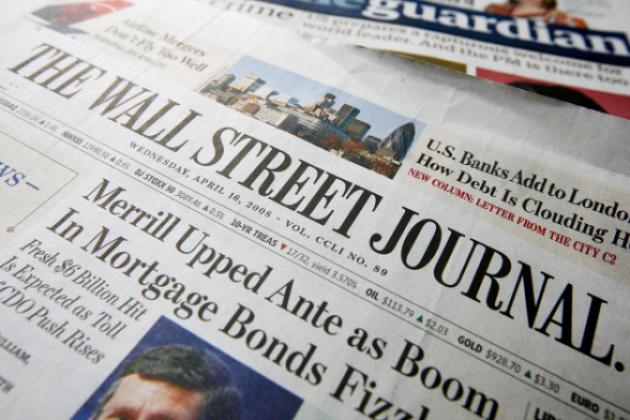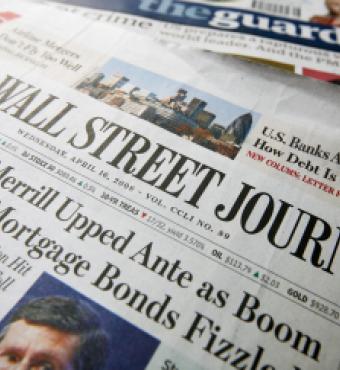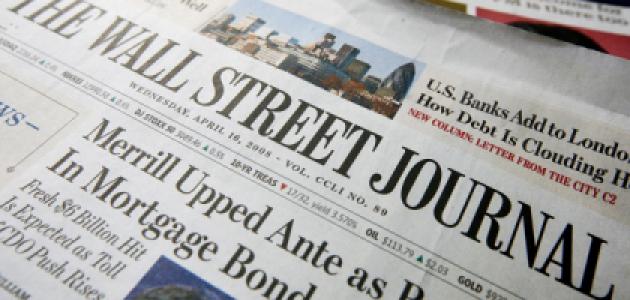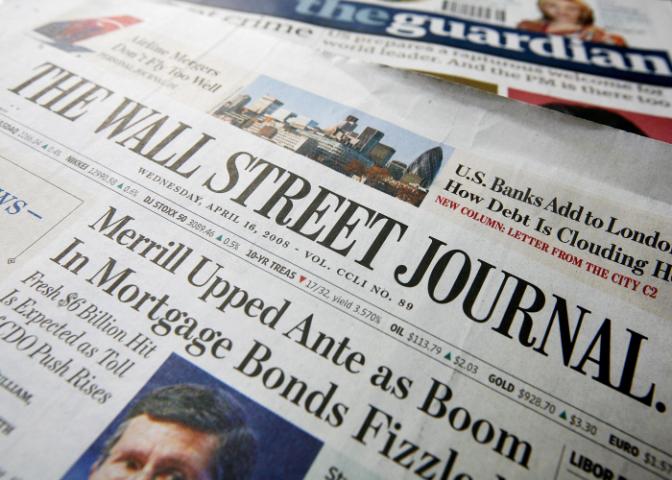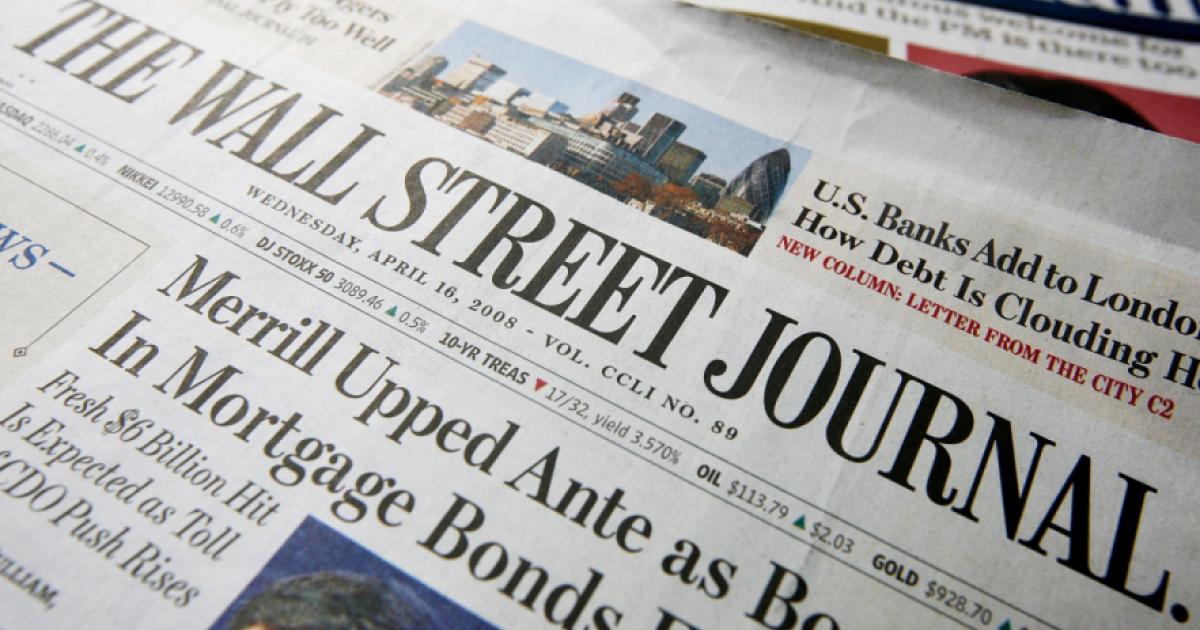- Politics, Institutions, and Public Opinion
- Law & Policy
- Civil Rights & Race
The massacre at Charlie Hebdo ranks among the most heinous crimes of our time. One-and-a-half million Frenchmen thronging Paris on Sunday and proclaiming “Je Suis Charlie” was a message heard in every Islamist terror hideout: We, all of Europe, will stand together against this act of war on our most sacred of freedoms. Charlie Hebdo may well be Europe’s 9/11.
The reaction in the U.S. was sympathetic, but subdued. President Barack Obama didn’t show up in Paris. Americans will never forget 9/11, and the Boston Marathon bloodbath wasn’t even two years ago. Nor will they forget the thousands who have fallen in Afghanistan and Iraq. But the slaughter of 12 in “revenge” for cartooning is beyond the American imagination.
Could something like the Charlie Hebdo massacre happen in the U.S.? In the twisted world of Islamist terror, anything is possible. But there is no Charlie Hebdo in America, though the magazine was named after the Peanuts character Charlie Brown. Chalk one up to the American exception.
What is the difference? The killers of 9/11 attacked the Twin Towers as a symbol of American might. The U.S. harbors some of the world’s greatest newspapers and magazines. But there is no American publication of weight that deals in equal-opportunity religion-bashing, whether directed against Christians, Jews or Muslims. The absence of blasphemy laws in “God’s Own Country” makes this restraint even more astounding.
There is almost nothing to keep an American paper from replicating the audacity of Charlie Hebdo, which depicted such scenes as a priest advising a bishop on how to beat a pedophilia charge, or a masked terrorist beheading the Prophet Muhammad. There is no federal law criminalizing ridicule or contempt. There is just the holiest of holies, the First Amendment, which enshrines freedom of religion, speech and the press.
Some states still have antiblasphemy laws that reach back to the Founding or before, like a 1697 Massachusetts Bay statute threatening with prison “whoever willfully blasphemes the holy name of God.” The last person so jailed was a the radical evangelist Abner Kneeland in 1838. Thirty years later, the 14th Amendment decreed that the Bill of Rights law constrains not only the federal government but also the states.
No Western nation gives so much latitude to free speech as the U.S. So why no Charlie Hebdo? The answer comes in three parts.
One is culture. No Western nation has flung itself full-speed into modernity and yet retained its religiosity as the U.S. has. Pollsters regularly ask: Is it necessary to believe in God? More than half of U.S. respondents say yes. In Germany, the number falls to 33%, in Britain to 20% and in France 15%. Church attendance reveals a similar divide. Sixty percent of Americans go to church at least once a month. In Southern Europe, only 36% do so; in the North, 27%.
So there’s a “God Gap” across the Atlantic. America keeps on praying while Europe is de-Christianizing. Such figures suggest an almost tautological conclusion: The more religious a nation, the more it will respect religion, be it yours or mine. Hence neither derision nor denigration.
The second answer is political. Since Congress may make no law “respecting an establishment of religion,” the U.S. has none, let alone a state religion. It has only Thomas Jefferson’s “wall of separation.” It is a free market for religion, and America is owned by many gods. The consequences have been entirely salutary. No mighty church, no mighty enemy, no target for contempt masking as satire.
So why fight the clergy? In the U.S., it is much easier to start a new creed, to build another church or synagogue. Let’s pray to the same God, but do it in a hundred different ways, as reflected in as many Protestant denominations. To indulge in faith-based self-helpism is a lot more practical, and safer, than facing the Inquisition or the government.
The third answer is historical. If you don’t have to worry about ecclesiastical power, you can hang back and look for other targets. In Europe, though, the tight alliance between throne and altar turned the Church into an enemy of freedom. “In France,” reported Tocqueville, “I had almost always seen the spirit of religion and the spirit of freedom marching in opposite directions. But in America, they were intimately united and they reigned in common over the same country.” The American Revolution invoked God and natural law against George III. The French version slaughtered priests along with royals.
Five republics later, French official secularism still marks a sharp-edged cleavage in the French body politic. The common denominator of the civil creeds arising in Europe in the 18th and 19th century—liberalism, socialism, communism—was anticlericalism. In France, to be progressive is to be anti-Church. Hence Charlie Hebdo. The magazine must be defended at all costs, but good taste and subtle humor aren’t its forte.
None of this is to suggest that Charlie Hebdo bears even one iota of responsibility. Nor does Kurt Westergaard, the cartoonist of Denmark’s Jyllands-Posten, who almost 10 years since the Danish cartoon affair still lives in a house-turned-fortress because he dared caricaturize Muhammad. Those 1.5 million Parisians did what their counterparts in Madrid and London should have done when Islamist terror claimed the lives of scores in 2004 and 2005.
Europe should see Charlie Hebdo as a wake-up call. There are lots of good reasons to beef up police and intelligence and to bomb violent Islamists. But, as in the U.S., let’s leave God out of it.
Mr. Joffe is editor of Die Zeit in Hamburg, and a fellow at the Institute for International Studies and the Hoover Institution, both at Stanford. His latest book is “The Myth of America’s Decline” (Norton, 2013).







